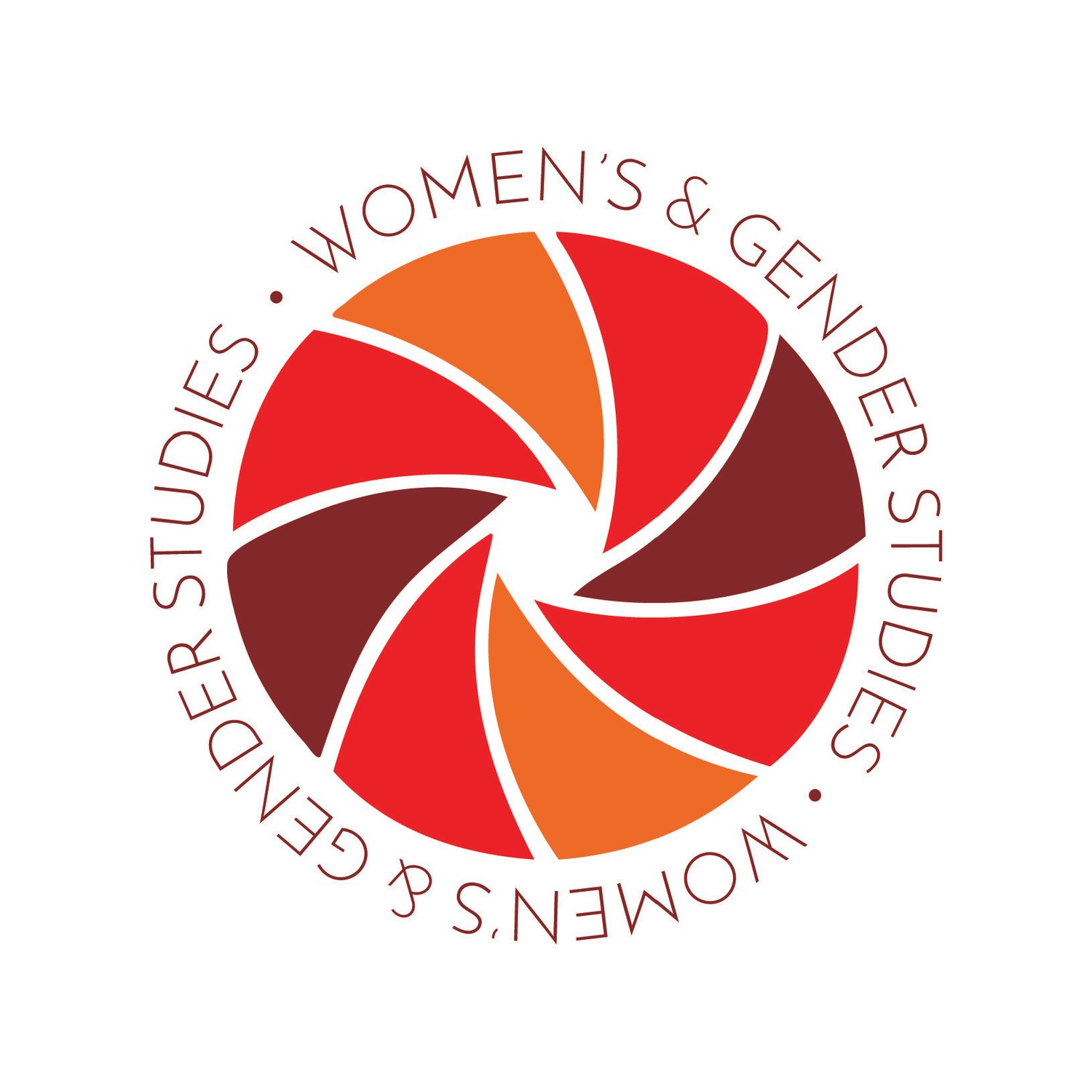The labeling of foreign policies as "feminist" originated with the Development Assistant Committee (DAC)/Organisation for Economic Co-operation and Development (OECD) members such as Sweden, Canada, and France before being adopted by various Latin American governments, starting with Mexico. The region's strong commitment to women's and gender rights in international forums is attributed to a well-connected feminist movement. In this lecture, Dr. Salomón will address the shared foundation of DAC/OECD and Latin America's feminist foreign policies, emphasizing progressive stances on women's and gender rights and highlight Latin America's distinctive approach, notably its focus on promoting domestic women's rights rather than those of external communities, in contrast to DAC/OECD countries. For more info, email wgs@mit.edu.
Dr. Mónica Salomón is an Associate Professor of International Relations at the Universidade Federal de Santa Catarina (Florianópolis, Brazil), a member of its Institute of Gender Studies and also a researcher with the Conselho Nacional de Pesquisa e Desenvolvimento (CNPq). She holds a Doctorate in Political Science from the Universitat Autònoma de Barcelona. Between 2014 and 2020, she was one of the two coordinators of the Thematic Area "Foreign Policy" at the Brazilian Political Science Association's encounters. Her research and publications deal with different actors and levels of analysis (from subnational to supranational) of foreign policies. Her current work focuses on the intersections between gender and foreign policy.
This event is organized by the Women's and Gender Studies Program and supported by the Data + Feminism Lab, the Institute Community and Equity Office (ICEO), Sloan Women 4 Women (SW4W), the Latin American Working Group (Political Science), and the School of Humanities, Arts, and Social Sciences (SHASS) through the Diversity Pre-doctoral Fellowship program.

